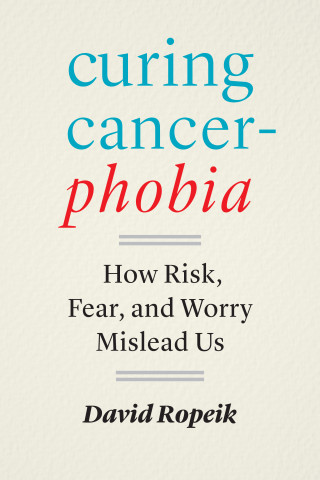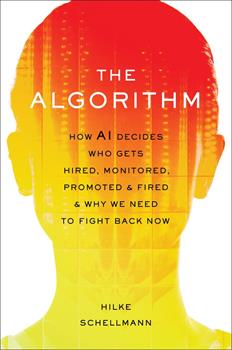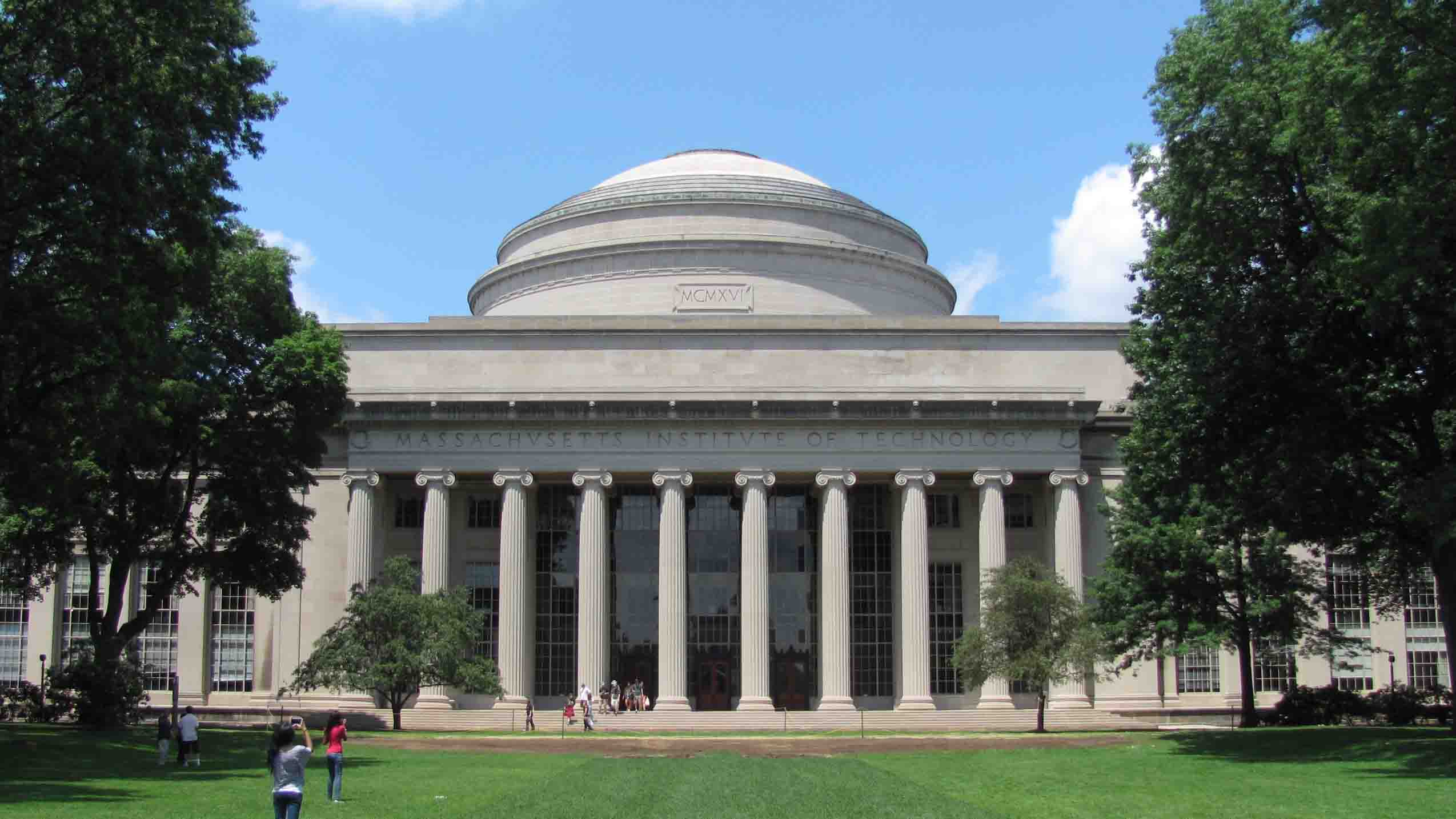In a pair of recent deep dives, KSJ alumni explored the harmful outcomes that can arise when a public vulnerable to health misinformation meets a for-profit industry incentivized to exploit that weakness.
In an article for STAT News titled “How a supplement company became a haven for health misinformation,” Lindsay Gellman (‘21) investigated the misinformation driving the promotion of the supplement Protandim. While the company that produces it, LifeVantage, doesn’t outright claim that it cures Covid-19, cancer, and a myriad of other ailments, the distributors who directly communicate the supplement’s benefits to consumers are known to lean on any health anxiety of the moment to make sales, Gellman reports. How do unproven “cures” with little scientific evidence to back their claims of efficacy or safety gain large shares of lucrative markets? Gellman delved deep into the company policy around misinformation, and uncovered loopholes in the enforcement structure.

Meanwhile, David Ropeik (‘95) spent over a decade researching the diagnosis and treatment of cancer, and in his latest book, “Curing Cancerphobia,” he makes a provocative claim: “In some ways we’re more afraid of cancer than we need to be, and that fear causes enormous harm to individual health and society in general.” Ropeik’s work calls into question the efficacy of markets all too reliant on human fears of disease and aging. As Ropeik described it, the book “covers the billions that worried consumers spend on products that claim to prevent or reduce the risk of cancer but don’t. And it looks at how fear of cancer impedes modern technologies that could provide great public benefit, like fluoridation of drinking water and non-greenhouse gas emitting nuclear power.” Ropeik parses the medical history and psychology of cancer fear and alerts the reader to modern efforts to reduce harm — and make the “c-word” a little less scary.
New Stories in Climate Reporting
In “There’s a Battle Over Carbon Emerging from the War in Ukraine” in Politico, Sebastien Malo (‘23) identifies a loophole in global tracking of carbon emissions: carbon emissions from the “defense” sector often aren’t reported or counted as part of that total. Malo chronicles the accountants who are adding up the carbon footprint of the war in Ukraine, and seeking to hold the perpetrators accountable.
As sea levels rise and oceans encroach further inland, a new question of territory is emerging. When a coastal national park is defined by the shoreline, in places where daily high tides push the shoreline beyond residential properties, who is responsible for the land? Who covers the costs when a house falls into the sea, contaminating miles of beaches with dangerous debris? And why are people still buying houses in these areas? Melanie D.G. Kaplan (‘21) went behind the seas to talk with residents and park rangers for her feature story “On the Brink” published by the National Parks Conservation Association.

Additions to the KSJ Bookshelf
M.R. O’Connor (‘17) published her book “Ignition: Lighting Fires in a Burning World.” O’Connor spoke with KSJ about the process of writing “Ignition.”
Ashley Belanger (‘21) published a feature story, “Fighting VPN criminalization should be Big Tech’s top priority, activists say,” for Ars Technica. The piece is featured in the anthology “Woman Life Freedom: Voices and Art from the Women’s Protests in Iran” edited by Malu Halasa. “The piece was difficult to report, technical, and one of the most challenging pieces I have written,” says Belanger of the feature story.
Keep an eye out for these upcoming titles from KSJ alumni:
Hilke Schellmann (‘22): “The Algorithm: How AI Decides Who Gets Hired, Monitored, Promoted, and Fired and Why We Need to Fight Back Now” (releases January 2, 2024)
David Ropeik (‘95): “Curing Cancerphobia: How Risk, Fear, and Worry Mislead Us” (releases November 28, 2023)
Changes Behind the Desk
Karen Hao (‘22) started in September as a contributing writer for the Atlantic. Her beat is focused on AI, something she is pleased to return to, “I’ve missed this beat so and can’t believe I get to write about it for one of my favorite magazines in the world…”
Virginia Gewin (‘21) joins the 2023 class of Nova Media Fellows, to “investigate the public health impacts of emerging air pollutants and explore whether regulatory oversight is sufficient.”
In the News
Here’s what KSJ alumni are writing, a compendium by Federico Kukso (’16):
Giovana Girardi (‘15): “Increase in child deaths from leukemia is associated with the expansion of soybeans in Brazil,” Agência Pública (in Portuguese).
Daniela Hirschfeld (‘10): “The remaining frontiers in fighting hepatitis C,” Knowable Magazine.
Federico Kukso (‘16): “PrEP: the new sexual revolution expands throughout Latin America,” Agencia SINC (in Spanish).
Andrada Fiscutean (‘20): “How LLMs are making red and blue teams more efficient,” CSO.
Valeria Román (‘05): “From Latin America to Asia: who is the scientist who tracks plastic pollution in lakes and beaches,” Infobae (in Spanish).
Tim De Chant (‘19): “AirLoom has a plan to halve the cost of wind power,” TechCrunch.
Teresa Carr (‘18): “Amid Regulatory Gaps, Telehealth Prescribers Flourish,” Undark.
Zack Colman (‘16): “‘A lot of anger’: U.S. faces flak as it pushes for World Bank to run climate fund,” Politico.
Teresa Firmino (‘09): “Alzheimer’s: ‘We have cautious optimism’ regarding new drugs,” Público (in Portuguese).
Yves Sciama (‘14): “The spermatozoid, prodigy of evolution,” Mediapart (in French).
Annalee Newitz (‘03): “Don’t click on the war,” New Scientist.
Eli Kintisch (‘12): “How can meat be grown and cultivated in a lab?” Scripps News (w James Packard).
Dan Falk (‘12): “The Einstein Camera,” University of Toronto Magazine (w Victoria Fisher).
Sascha Karberg (‘09): “General practitioners are expecting maximum stress: the number of respiratory diseases is increasing at an unusually high rate,” Der Tagesspiegel (in German).
Jeff Tollefson (‘05): “US science agencies on track to hit 25-year funding low,” Nature.





Leave a Reply